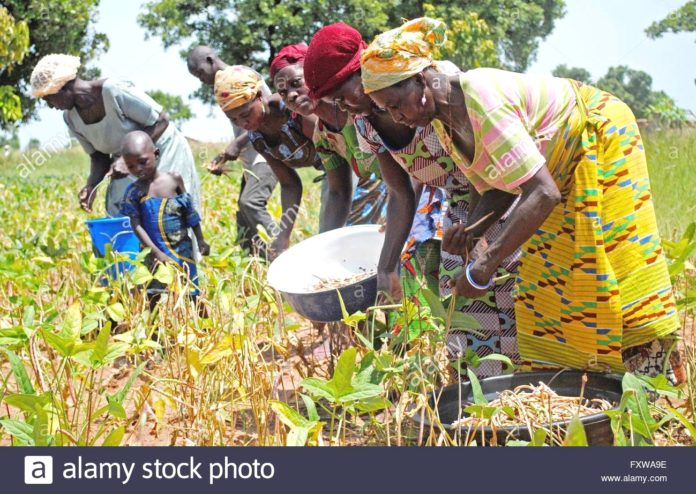Farmers in five regions in Northern Ghana have appealed to the government and other stakeholders to design more effective interventions to enable them to improve crop yields.
The farmers further called for a ban on tomato importation and revisit initial plans to revamp tomato factories in the country, subsidize the cost of farm inputs and extend the Planting for Food and Jobs programme to cover all year round.
The farmers’ needs were contained in the Agro Policy Performance Barometer Report (APPBR 2019) of the Ghana Trade and Livelihood Coalition (GTLC) were presented at a policy dialogue on gender responsiveness to the Planting for Food and Jobs programme in Tamale.
The programme brought together stakeholders in Agriculture from the Northern, Savannah, North East, Upper East, and Upper West Regions.
The farmers further called for direct government consultancy, for proper implementation of Agriculture policies, including; investments in the Agriculture sector and the early release of subsidized fertilizers.
Mr. Ibrahim Akalbila, Coordinator of Ghana Trade and Livelihood Coalition (GTLC), said the report showed that women farmers had little access to information about the government’s Agricultural policies as well as the use of improved seeds and subsidized fertilizers.
He reiterated that there were significant disparities between women and men in accessing the information on improved seeds, and it was important to advocate gender responsiveness in the Planting for Food and Jobs policy.
Mr. Akalbila said there was an improvement in the delivery of fertilizer to farmers, however, there was the need to do more to improve on the PFJ system to make it more impactful.
Hajia Hawa Musah, the Northern Regional Director of Agriculture, advocated collaboration from Non-Governmental Organizations, Civic Society Organizations, and the media in changing the attitude of peasant farmers to appreciate the effects of climate change and the need for them to consider including; practices that would improve on the environment as well as sensitize them to adopt strategies to avoid the practice of defaulting in loan payments.
The GTLC since 2012 has conducted surveys annually on the implementation of Agriculture policies in Ghana, assessing their implementation and effects on beneficiaries.
Source: GNA








